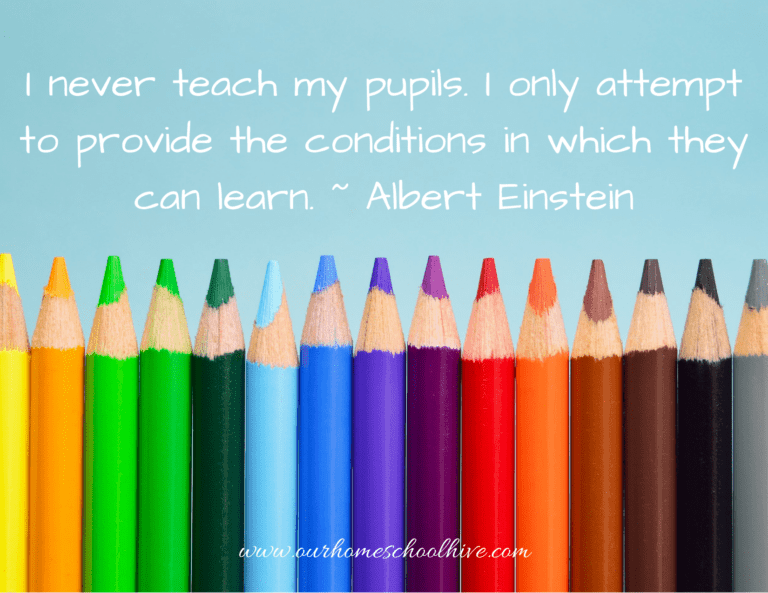📖📕 Daily Dose of Words: The Ideal Reading Time for Kids 📚🔍
We may earn money from the products/companies mentioned in this post. As an Amazon Associate I earn from qualifying purchases. For more information, read our Terms & Disclosures.
Embarking on the literary express with your kiddos isn’t just about raising the next Shakespeare or J.K. Rowling.
Find out the optimal amount of time your child should spend with their nose in a book to boost literacy skills and foster a lifelong reading habit. Our guide breaks down how just minutes a day can open a world of words for young minds.
It’s about giving them a superpower—yes, reading is a genuine, cape-worthy power!
As a fellow parent, I’ve seen my living room transform into everything from a pirate ship to a moon base, all thanks to the magic of storytime.
Reading with your munchkins isn’t just a ticket to growth and learning—it’s your front-row seat to the wild circus of their blossoming imagination.
Trust me, when you’ve got a toddler who believes their teddy can climb Mount Everest, you know you’re doing it right.

The Importance of Reading for Children’s Growth
The importance of reading to your tiny humans stretches further than the eye can see (and further than the laundry pile you’ve been ignoring). It’s about giving them a slingshot of words to take on the world, one story at a time.
Let’s talk brass tacks—like, how do you get a hyperactive 5-year-old to sit still and listen to a story? Aim for a sweet spot of about 15 to 20 minutes of reading. That’s about the same time it takes for them to decide they no longer like the sandwich they begged you to make.
Now, the impact of reading 20 minutes a day is like the difference between a regular potato and a French fry—crucial. It arms them with a vocabulary that might even explain the mysteries of why the sky is blue or why siblings can’t just get along.
And should they read every day? Absolutely. It’s like brushing teeth—it’s all fun and games until someone gets a cavity. Daily reading keeps the brain-rot at bay.
Most ankle-biters get the hang of reading by themselves around ages 6 to 7. But every tiny human is unique—some might start spouting “War and Peace” earlier, while others might still be getting the hang of “Cat in the Hat.”
And don’t overlook the newborns! Reading to a bundle of cooing cuteness is like planting an orchard of knowledge they’ll harvest later. They won’t get plot twists yet, but they’ll be prepped for a lifetime love affair with books.

The Art of Soundtrack Storytime with Tots
When you’re reading aloud with your little ones, it’s not just about flipping through ‘Goodnight Moon’ and calling it a day.
It’s about turning those written words into a live performance that would put Broadway to shame (okay, maybe just the living room performance, but you get the gist).
Imagine you’re the conductor of an orchestra, but instead of instruments, you’ve got dragons, pirates, and the occasional lost penguin.
Your voice is the melody that brings the story off the page and into their wide-eyed reality.
And when you go full-on Lion King with your expressions and gestures, you’re not just entertaining; you’re opening a door to a universe where language and fun hold hands and skip.
Reading aloud is like the Swiss Army knife of parenting—it’s a bonding tool, a learning device, and a way to trick your kids into expanding their vocabulary without them realizing it’s good for them (sneaky, right?).
Launching Bookish Adventures with Your Bundle of Joy
Ready to introduce your baby to the fantastical world of literature? Here’s how to make “The Very Hungry Caterpillar” as riveting as the season finale of your favorite show.
Scout out a quiet corner where the toys won’t stage a coup during storytime. Grab a board book that’s more durable than your sleep schedule and has pictures bold enough to catch even the sleepiest eye.
Cuddle up with your mini-me and dive into the story. Lock eyes like you’re trying to communicate telepathically (because let’s be honest, with babies, sometimes you’re not sure what works).
Then, unleash your inner Morgan Freeman—keep your voice as soothing as a warm bubble bath but as varied as the flavors in a pack of jelly beans.

Let those tiny fingers wander over the pages—books are like toys that boost brainpower. Start with reading sprints before you go for the marathon; tiny attention spans are like fireflies, flitting around unpredictably.
Time your reading sessions like a secret agent—right before naps or bed when defenses are down and snuggles are up. It’s about making books the equivalent of a comfort blanket, not another “eat your veggies” moment.
And remember, have fun with it! The more you enjoy the read, the more they soak up the joy of books like a sponge—soon enough, they’ll be begging for just one more story. By the way, we just love these indescribable books for babies!

FAQ
How long should a 5 year old read each day?
A 5-year-old child can benefit from reading for about 15 to 20 minutes each day. This duration allows them to engage with books, build reading skills, and foster a love for reading without overwhelming them. It’s essential to maintain a positive and enjoyable reading experience, so the child looks forward to reading time. Gradually, as their attention span and interest grow, the reading time can be extended to meet their evolving needs.
How does reading 20 minutes a day affect your child?
Reading 20 minutes a day can significantly impact a child’s development. It improves language skills, vocabulary, and comprehension. Regular reading fosters critical thinking, creativity, and empathy. It also strengthens the parent-child bond and instills a lifelong love for learning and books, paving the way for future academic success.
Should kids read everyday?
Yes, kids should read every day. Daily reading helps improve their language skills, enhances vocabulary, and boosts comprehension abilities. It fosters a love for books, cultivates a curious mind, and instills a habit of continuous learning. Regular reading also supports academic success and empowers kids to explore new ideas and worlds through literature. Whether it’s reading independently or with a caregiver, making reading a daily routine is an invaluable investment in a child’s future.
What age do most kids read well?
Most kids develop solid reading skills between the ages of 6 and 7. By this age, they typically have a good grasp of phonics, sight words, and basic reading comprehension. However, every child is unique, and reading milestones may vary based on individual development and learning experiences.
Does reading to your child make a difference?
Yes, reading to your child makes a significant difference in their development. It enhances language skills, vocabulary, and comprehension. It fosters a love for books and learning, improves bonding, and stimulates imagination. Regular reading lays a strong foundation for academic success and instills a lifelong passion for reading and knowledge.


